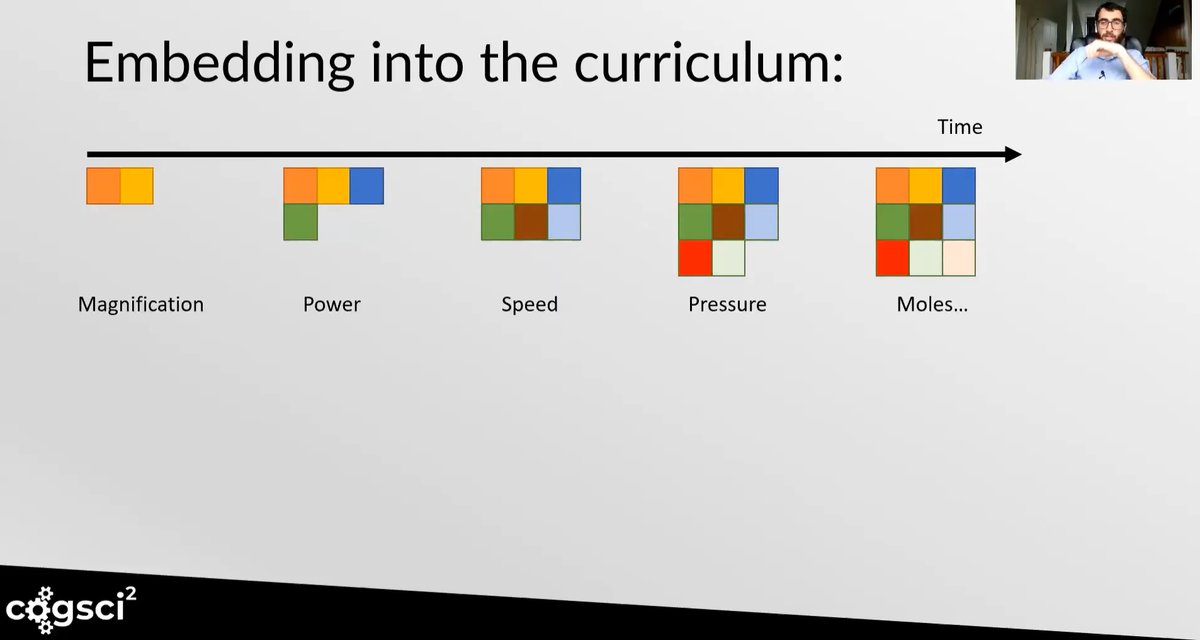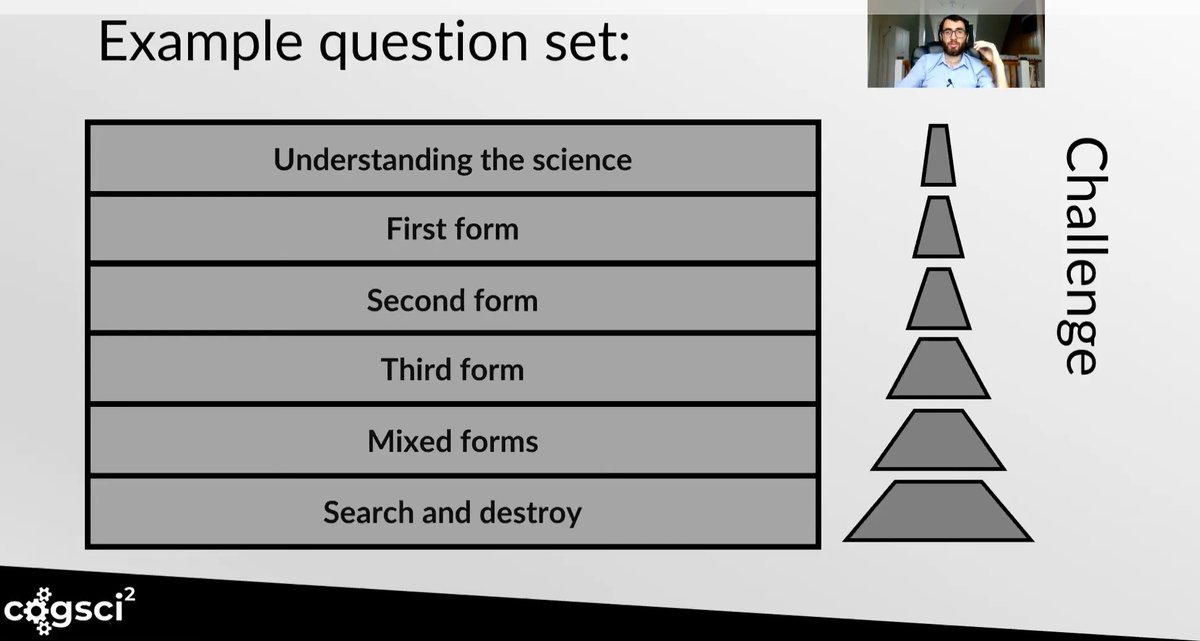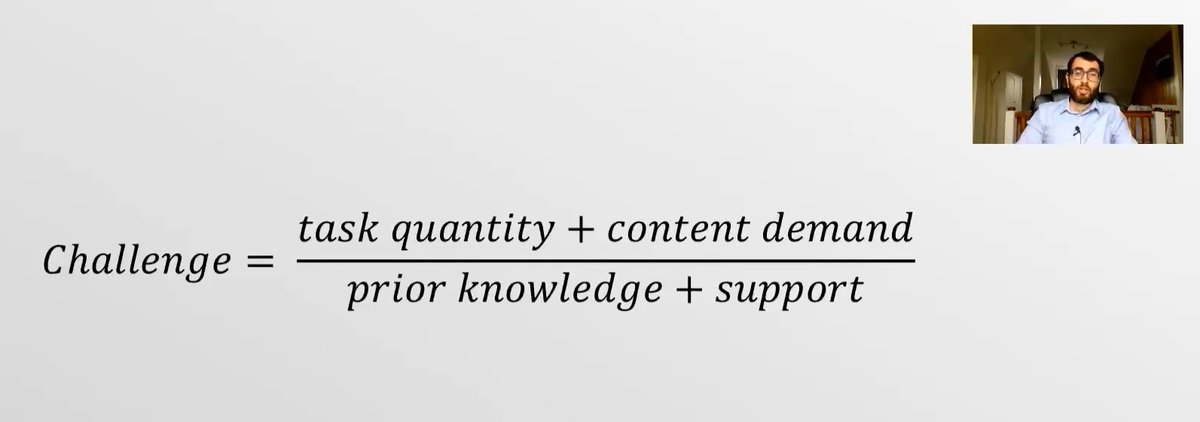#CogSciSciEquations thread: So my 10 key takeaways from @adamboxer1's video on embedding equations into your curriculum and lessons are... https://twitter.com/cogscisci/status/1288897149472653314
1. Absolutely agreed that we need to build up equation skills incrementally, rather than thrusting students into everything at once. If this is explicitly mapped across your curriculum then even better.
2. Recalling equations - agreed they need to form part of your retrieval practice questions.
I would add too that when enough equations have been learnt, you could group them and learn using a song or other memonic device.
Here are a couple that I wrote last year:
I would add too that when enough equations have been learnt, you could group them and learn using a song or other memonic device.
Here are a couple that I wrote last year:
We teach our students to then write these down on their equations sheet at the start of the exam, so that they don't have to worry about them anymore.
3. Yes to teaching conceptual understanding of the equation before the equation itself!! This makes a lot of sense. Use explicit modelling and explanation to break ideas down and slowly build up a more intuitive understanding of the relationship between the variables first.
4. Use lots of concrete examples, starting with those really familiar to students, and build towards the more unfamiliar examples and more abstract ideas.
A great principle that @Mr_Raichura also modelled recently (I forget which talk - possible at the @SenecaLearn Science conf?)
A great principle that @Mr_Raichura also modelled recently (I forget which talk - possible at the @SenecaLearn Science conf?)
5. A nice model here to build your practice questions so that challenge increases at a manageable rate for students:
This could really help us design better question sets for these equation lessons, and it also allows easy checking for understanding and differentiation.
6. Use MCQs to diagnostically check understanding after 'I do/we do' modelling.
Write answer options that immediately show the mistake that students are making, so that you are preempting rather than reacting to these mistakes.
Write answer options that immediately show the mistake that students are making, so that you are preempting rather than reacting to these mistakes.
7. When students move on to independent practice ('you do'), this really does need to be independent rather than in pairs, as they need to put their own effort in.
As they gain in confidence and their 'prior knowledge' increases, you reduce support, to maintain challenge.
As they gain in confidence and their 'prior knowledge' increases, you reduce support, to maintain challenge.
8. When you have a series of calculation questions, don't have all of the questions following the same format (even if they all require the same version of an equation) - mix up how the question is asked, to jolt the students into thinking harder.
9. Ensure that your whole department are teaching the same 'method' for equation questions, that you 'Standardise the Format' (a @TeachLikeAChamp strategy) and that you insist students do it this way --> this means you can quickly and easily check work and give feedback.
10. Search and destroy! Interleave equations learnt in previous lessons and topics, so that students learn to select the equations they need, and to jolt them into thinking harder.
Make sure to tell them this is what you are doing, and provide support/hints if necessary.
Make sure to tell them this is what you are doing, and provide support/hints if necessary.

 Read on Twitter
Read on Twitter





